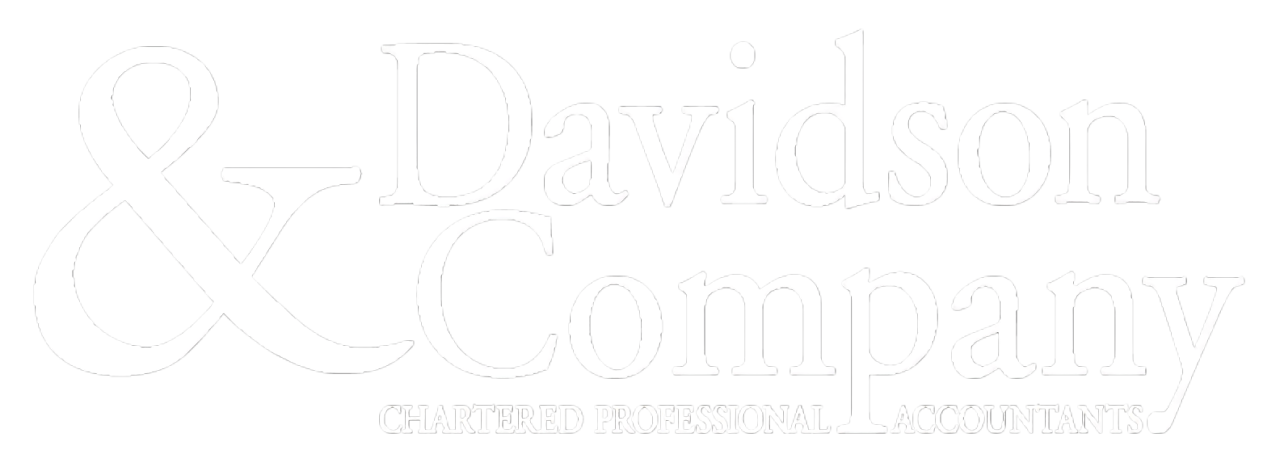MARCH 22, 2016 FEDERAL BUDGET TAX HIGHLIGHTS
The highlights of the proposed tax changes of the recent Federal budget are outlined below.
The information contained herein is of a general nature and is not intended to address the circumstances of any particular individual or entity. No one should act upon such information without appropriate professional advice after a thorough examination of the particular situation. Please contact our tax group if you have any questions on the impact of these proposed changes.
Personal Tax
- Personal Income Tax Rates – There are no additional changes to the federal personal income tax rates in the budget. The maximum federal personal tax bracket will remain at the 33% rate for income over $200,000, and the middle bracket reduced to 20.5% rate for income between $45,283 and $90,563, as outlined in December 2015.
- Donations of private corporation shares or real estate – the budget confirms that the Government does not intent to proceed with the measure whereby an income tax exemption would be provided to individuals who donate private corporation shares or real estate with accrued gains.
- Education and Textbook Tax credits – The budget proposes to eliminate the education and textbook tax credit system effective January 1, 2017. Unused credits held as carry forward amounts at that time will not be affected.
- Canada Child Benefit – the budget proposes to replace the existing Canada child tax benefit and the universal child care benefit with the Canada Child Benefit that will provide a maximum benefit of $6,400 per child under the age of 6 and $5,400 per child aged 6 through 17. These benefits will be phased out as family net income increases. This measure will begin effective July 1, 2016.
- Labour-Sponsored Venture Capital Corporations (“LSVCC’s”) tax credit – The budget proposes to reinstate the tax credit, set to be eliminated by 2017, for share purchases of provincially registered LSVCC’s prescribed under the Income Tax Act, equal to 15% of the net cost of approved shares of a provincially registered LSVCC.
- Mineral Exploration Tax Credit for Flow-Through Share Investors – The budget proposes to extend the availability of this credit to flow-through share agreements entered into on or before March 31, 2017. The Province of B.C. previously extended the provincial flow-through credit to December 2016, along with the provincial Mining Exploration Tax Credit to 2019.
- Teacher and early educator school supply tax credit – Teachers and early childhood educators will be able to claim a 15% credit on expenditures made for eligible school supplies.
- Family tax cut – the budget proposes to repeal the family tax cut effective for the 2016 taxation year.
- Children’s Fitness and Arts Tax Credits – The budget proposes to phase out the children’s fitness and arts tax credits by reducing the amount eligible to $500 and $250, respectively, for the 2016 taxation year and fully eliminating the credits for the 2017 taxation year and onwards.
Corporate Tax
- Small Business Income Tax Rates – The budget proposes to keep the small business tax rate at 10.5% for 2016 and beyond. It was previously scheduled to decrease by 0.5% annually to 9% by 2019.
- Accelerated CCA – Clean Energy Generation & Conservation – The budget proposes to expand Class 43.1 (30%) and Class 43.2 (50%) for clean energy generation and conservation equipment with respect to certain electric vehicle charging stations and electrical energy storage equipment previously included in Class 8 (20%), for assets acquired on or after March 22, 2016.
- Incorporation costs – The budget proposes to allow up to $3,000 of incorporation costs to be deducted as a current expense.
- Association through a third corporation – The budget proposes that where an election is filed for two corporations that are associated by virtue of their investment in a third corporation, the entire group’s capital must be used to determine eligibility for the small business deduction. This will generally reduce the availability of the small business deduction to certain corporate groups.
- Access to small business deduction – Measures are proposed to prevent business owners from multiplying access to the $500,000 small business deduction using complex partnership and corporate structures. This measure will apply to taxation years that begin on or after March 22, 2016.
- Eligible Capital Property – The budget confirms the predecessor government’s proposal to eliminate the eligible capital property (“ECP”) regime with the replacement of a new capital cost allowance (“CCA”) class. The new CCA class will have a 5% CCA rate and is subject to the “half-year rule”. As part of the budget, small balances of existing ECP can be transferred to the new CCA Class 14.1 with an accelerated rate (7% for 10 years). The new rules will apply as of January 1, 2017.
- Life insurance benefits – The budget proposes to amend the Income Tax Act to restrict the availability of distributing life insurance proceeds received by a corporation tax free to its shareholders.
